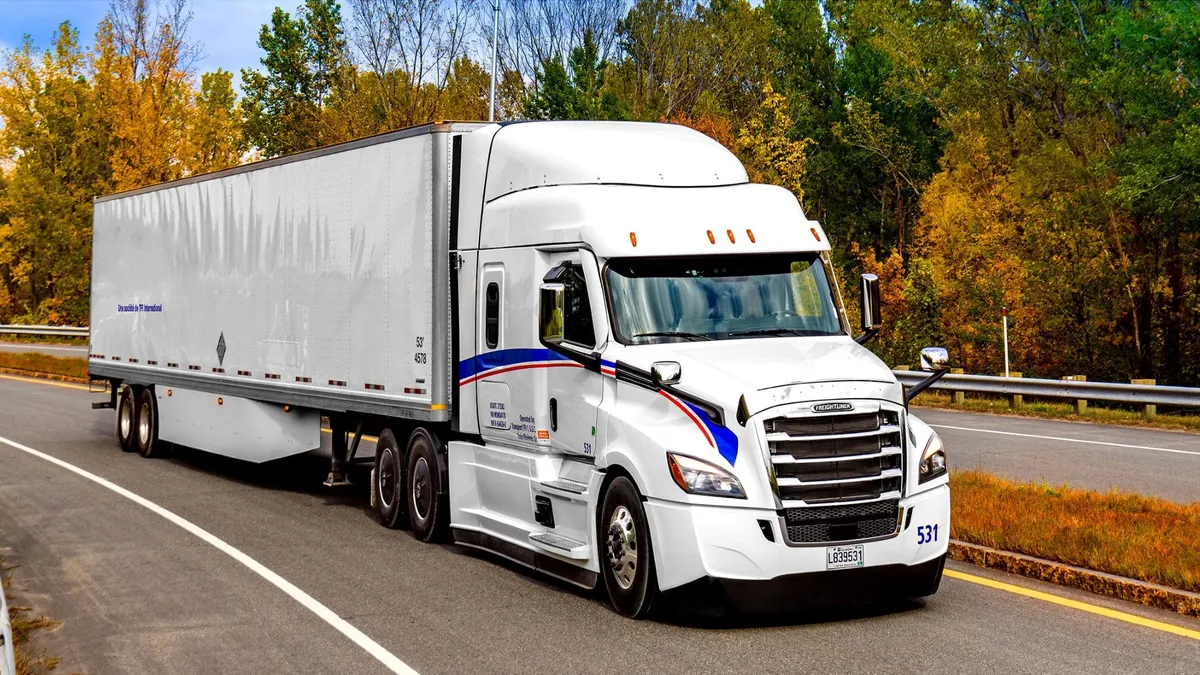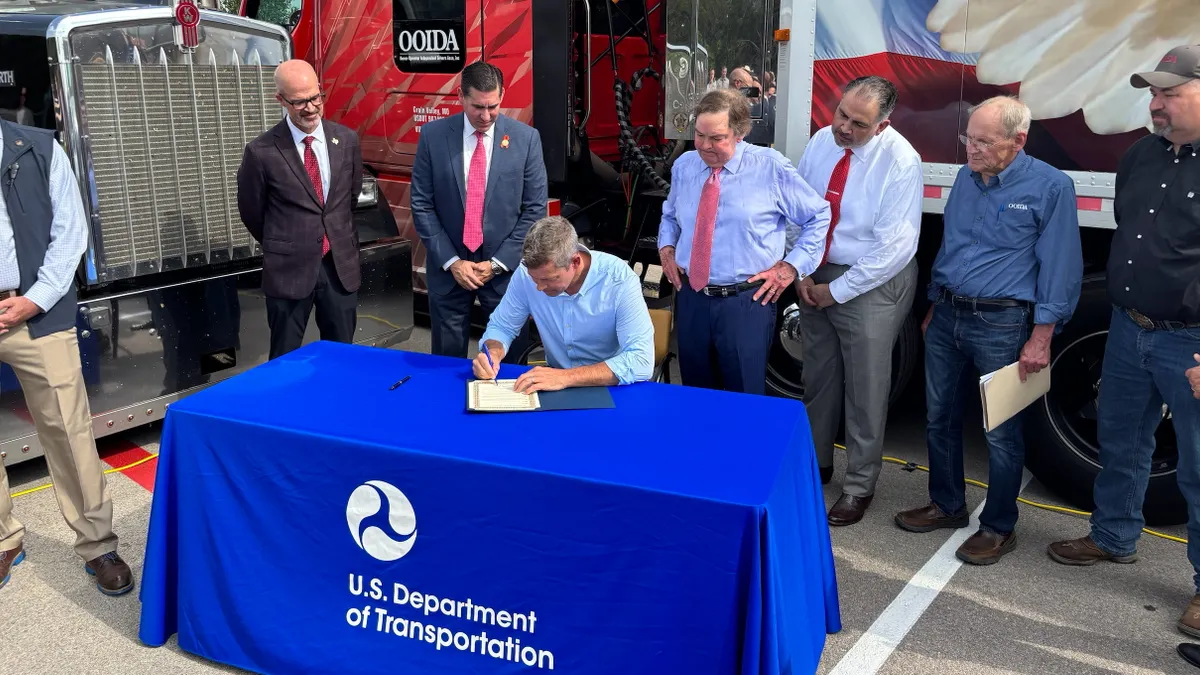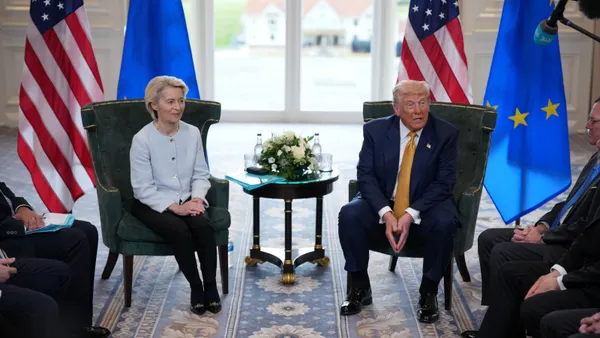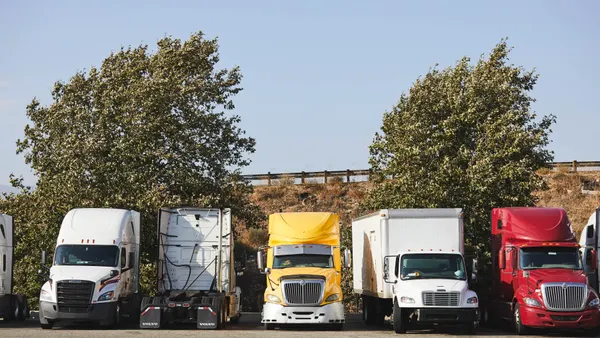TFI International is avoiding “anything of size” for mergers and acquisitions in 2025 due to tariff uncertainty, CEO Alain Bédard said during the company’s Q1 earnings call on April 24.
“We had to walk away from a transaction that was a great transaction for both parties, the seller and us, and we had to walk away because of all this environment,” Bédard said. “Because of all this uncertainty, we said, no, forget about it.”
TFI was able to close two small deals during the quarter, Basin Transportation and Veilleux Transit, according to an earnings press release. But now, the carrier is focused on buying back its own stock and improving its U.S. LTL business.
“Our M&A in '25 … is going to be minimal,” Bédard said.
The company also wants to turn things around with TForce Freight, which it acquired four years ago. The goal is to achieve a 90 or under operating ratio. The company's Canada LTL runs at an 80 operating ratio, Bédard said.
Postponing M&A marks a change for TFI, which has been on an acquisition spree for quite some time.
"In the last twelve months, 90 facilities were added from business acquisitions and terminal consolidation decreased the total number of facilities by 64," according to TFI's quarterly report.
In April 2024, TFI acquired Daseke. The Canada-based freight conglomerate plans to spin off Daseke, but it has paused the move until it can acquire another major LTL carrier, according to a Q3 2024 earnings call.
The company has also purchased several Yellow Corp. terminals in California, Kentucky and North Carolina. Other acquisitions in the past two years include JHT Holdings, Hercules Forwarding, Sharp Trucking Services and LJW Tank Lines.
In 2021, TFI acquired UPS Freight, the parcel carrier's former freight business consisting of less-than-truckload and dedicated truckload services. The acquisition fueled TFI’s creation of TForce Freight.
Going forward, Bédard said “another acquisition of size in the US” is still part of TFI’s long-term plan.
The company’s free cash flow in the most recent quarter was more than $190 million, giving it leverage to invest in M&A when the time is right, Bédard added.













